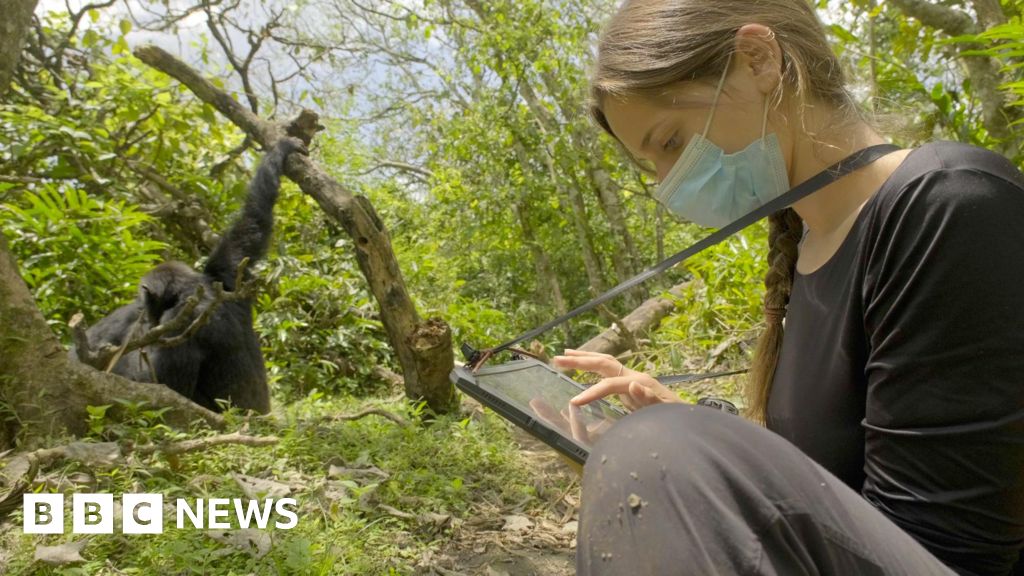Together with Los Alamos and Lawrence Livermore National Labs, the University of California is funding ambitious research to develop new AI approaches in genomics, quantum materials discovery and geothermal energy.
The University of California has awarded $18 million in multicampus research grants, in partnership with UC-managed national laboratories, to advance the frontiers of artificial intelligence in areas of strategic importance and technological innovation.
The Artificial Intelligence (AI) Science at Scale initiative provides three grants of $6 million over three years to develop new AI approaches in genomics, quantum materials discovery and geothermal energy. The winning teams are composed of UC faculty across a wide range of disciplines, representing nearly every UC campus. This research is funded by fee income the university receives for managing the Los Alamos and Lawrence Livermore National Laboratories.
“The rapid growth of artificial intelligence is accelerating both the opportunities for, and threats to, the United States’ longstanding economic leadership. To help keep America in the lead, the University of California is scaling up its commitments in critical emerging areas of scientific research, such as AI, and moving forward with unprecedented speed to fund targeted research that fosters innovation,” said Theresa Maldonado, UC Vice President of Research & Innovation.
“This special initiative brings together the unmatched academic expertise of UC faculty, world-class scientific talent and capabilities at our national labs, and the strategic leadership within our system to accelerate the scale, reach and impact of AI-powered scientific discovery research that benefits the nation,” said June Yu, Vice President of UC National Laboratories.
Through the Collaborative Research and Training Awards funded by the UC National Laboratories Fees Research Program, UC has directed lab management fee income towards strategic areas of scientific and national security importance since 2017. More than $92 million has funded the pursuit of breakthroughs in fields including cybersecurity, quantum computing, and wildfire prevention and preparedness.
The AI Science at Scale initiative represents an evolution of this model for creating strategic, impactful and timely research and educational partnerships at scale to further the missions of the Department of Energy and the university, leveraging the domain experts and scientific leadership at the campuses and the national labs. Winning projects were selected from a competitive pool of 27 applications, representing nearly 250 UC faculty.
These are the three winning projects:
AI-Driven Genomics at Scale: from Sequence to Function to Therapeutics
Principal investigator: Jimmie Ye, Associate Professor of Medicine at UC San Francisco
Scientists from four UC campuses will use Livermore Lab’s supercomputer to gain new understandings of how certain proteins on the surface of cells may contribute to or protect against disease, starting with blood cancers and autoimmune disorders. Ultimately, this work aims to use artificial intelligence at scale to accelerate personalized medicine and rapidly create treatments for complex diseases.
Low-Energy, AI-Informed Phase Transitions (LEAP)
Principal investigator: Ram Seshadri, Associate Dean for Research and Director of the Materials Research Laboratory at UC Santa Barbara
UC faculty will accelerate research into more efficient AI — with help from AI. Using a mix of theory, real-world data and simulations, they’ll train a large language model AI designed to simulate a material’s effectiveness for topological quantum computing. By narrowing the field of materials that will be tested in the lab, this AI could speed up the discovery of new chip materials that switch faster and use less energy.
Geophysicist.AI: A Foundation Model to Address Multiphysics Challenges in Coupled Subsurface Processes
Principal investigator: Mohammad Qomi, Associate Professor of Civil and Environmental Engineering, Materials Science and Engineering at UC Irvine
The Earth’s crust is complex and hard to model accurately with existing computational methods. That makes it hard to determine how to tap into underground thermal energy. A team from five UC campuses will blend large language models, physics-based models, and real-world data from geothermal drilling sites across the Western U.S. into an AI model that could lead to safer, more efficient geothermal energy.
UC and the national labs
The University of California has an 80-year history in the management and operation of its three U.S. Department of Energy national laboratories as a public service to the nation. Learn more about this partnership with the federal government and other fee investments to further the missions of Department of Energy and the university at the SoCal Hub and the University of California Livermore Collaboration Center.








 English (US) ·
English (US) ·